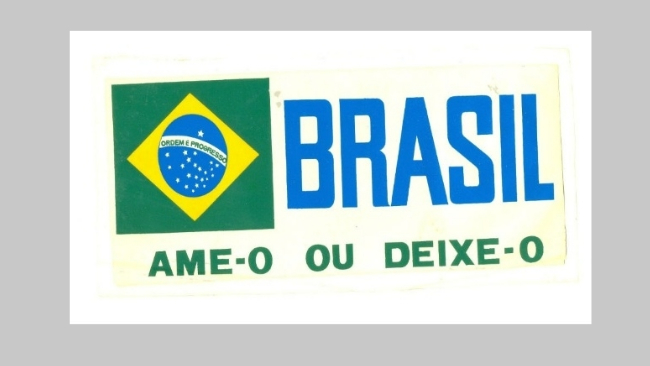Deontology is a philosophy that is part of contemporary moral philosophy, which means science of duty and obligation.
Deontology is a treatise on duties and morals. It is a theory about the choices of individuals, which is morally necessary and serves to guide what really should be done.
The term deontology was created in 1834, by the English philosopher Jeremy Bentham, to talk about the branch of ethics in which the object of study is the foundation of duty and norms. Deontology is still known as the "Theory of Duty".
Immanuel Kant also made his contribution to deontology, as he divided it into two concepts: practical reason and freedom.
For Kant, acting out of duty is the way to give action its moral value; and in turn, moral perfection can only be attained by a free will.
Deontology can also be the set of principles and rules of conduct or duties of a given profession, that is, each professional must have its own deontology to regulate the exercise of the profession, and in accordance with the Code of Ethics of its category.
For professionals, ethics are norms established not by morality, but for the correction of their intentions, actions, rights, duties and principles.
The first Code of Deontology was made in the area of medicine, in the United States.
legal ethics
Legal deontology is the science that is concerned with taking care of the duties and rights of professionals who work with justice.
Lawyers, judges, judges, etc. are some examples of professionals covered by legal deontology.
See also the meaning of ethic.


